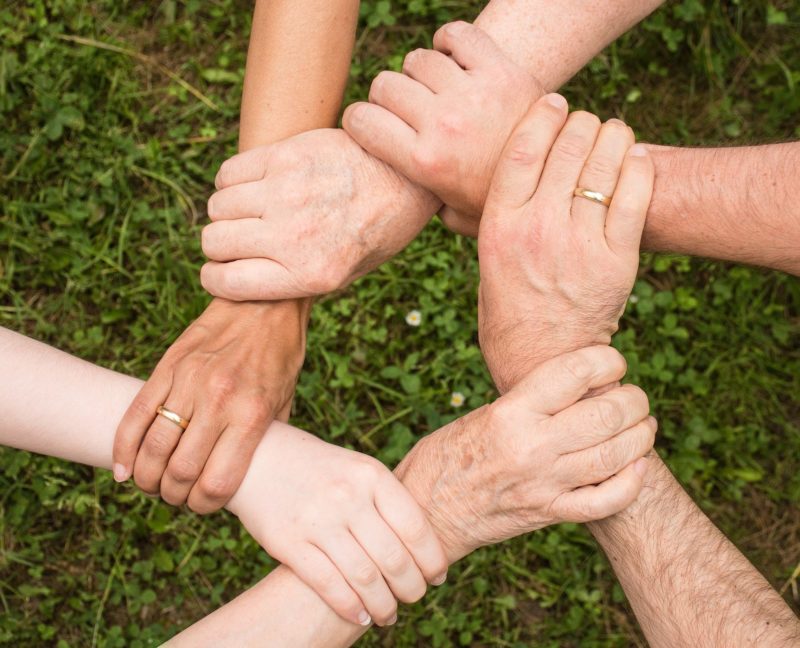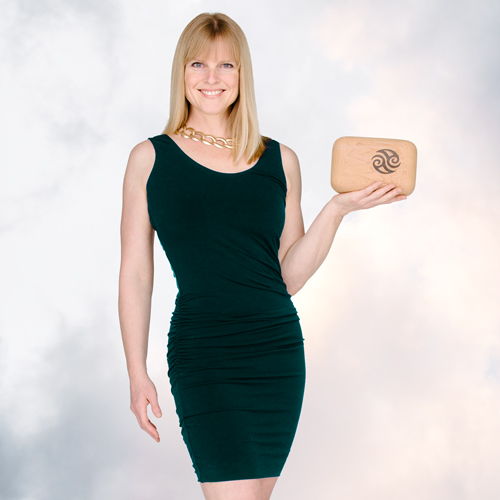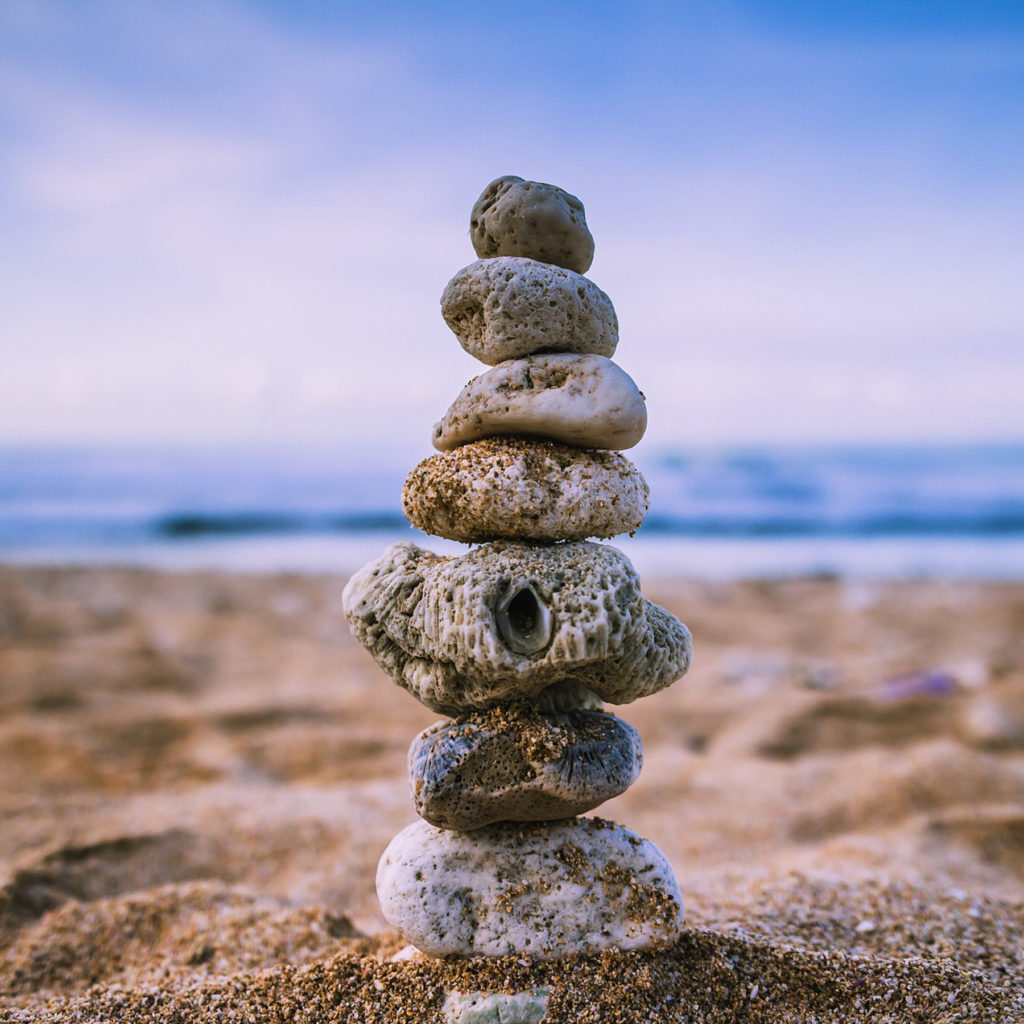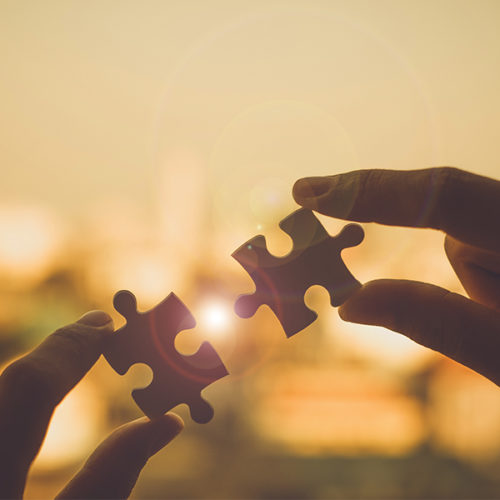Trust

Trust is defined as the firm belief in the reliability, truth, ability, or strength of someone or something. Personally speaking, I feel trusting in oneself is one of the hardest things, as we all have behaviours and habits that take us away from our goals. I also feel it’s easier to forgive others when they let us down. When we let ourselves down, we can sabotage our goals and desires by falling into old habits that don’t serve the highest good.

Trust is also something that, like self-care, is a constant. It’s a living relationship that exists between you and the someone or something you are connecting to. How many times have you trusted someone as they have gained the right to be trusted, only to have them let you down? It’s a fragile dance between you and the other, and every moment can change the dynamic if suddenly that which has been reliable and true becomes unstable and undependable.
Let’s think of how this can be applied to our bodies. If we were fortunate to be born healthy, we don’t even consider or think of our cells and how they are working for us. We trust that we can move in certain ways, that we will digest the foods we eat, that we will sleep at night and that our hearts will continue to beat. If we are athletes, we trust that with practice and perseverance we can become stronger and excel, or that we can improve our abilities to play an instrument with time. We trust that with dedication and repetition, the body continues to refine, and improvements continue to be made.
What happens when the body doesn’t respond in the ways we expect, or when injury or sickness takes us down. Suddenly that which was natural and expected can become a burden. As I am writing this, I have a sprained thumb. It’s amazing the things you don’t think of, like grabbing a book or opening a jar, and how suddenly those actions which wouldn’t even come into your consciousness are right in your face, as the pain can cause you to stop in your tracks.
Trust is a funny thing because it can impose a level of perfection. You can be the best friend in the world, always considering the other and doing what is best for the friendship, but if one lets the other down, for those who don’t have any space for forgiveness or understanding, there can be an abrupt end. With maturity, in relationships I feel trust is more about open and respectful communication, as opposed to always doing exactly what the other expects. The latter is bound to come to an end, as this is a world of many shades of gray.

The body also needs this level of understanding and appreciation. We have a relationship with our cells. As long as you take care of your cells, for the most part, they won’t be unreliable. Unless they don’t get the basics for them to function, they won’t even ask you for anything and will continue to do their jobs so you can live your life. However, if they aren’t receiving what they need to perform their tasks, they will speak to you so you can address their concerns. You can trust that if a cell isn’t given what it requires to function, it will send a pain signal.
This is where the cell needs to trust us, the one who is driving the body. Imagine if your child falls and injures themselves, would you send anger and frustration their way. Likely not, you would soothe and support them and do whatever they needed to recover. Often, when our bodies don’t work as we would expect, we beat ourselves up (we beat our cells up). We get frustrated that we can’t perform the tasks as before, or that what was once a joy to do now is accompanied with pain and limitation. If this doesn’t get resolved, more things change as our normal daily activity can end up being reverted to time without exercise which can affect our size and shape – add more negative self-talk . . . it can go on from here in a never-ending spiral of descent.
Like in relationships, trust can be regained through respectful communication where one can understand the other’s perspective. There needs to be space for this, otherwise the bond may be broken forever. Sometimes challenging, if the relationship is a worthy one, then it only serves both parties to find a reconciliation. However, sometimes the relationship is best to end, if that is what is needed for either of the parties to move past the assault.
With the body, this is a little tricky. You can’t replace it with another. So, if you are perceiving it like an enemy, it is ultimately you that suffers. Your cells are here to support you in this life, and you can trust that this is their only agenda. However, they need to trust that we, the drivers, will do what we need to help them perform their tasks. This is where Block Therapy comes into play.
I think the biggest reason many have lost trust in their body is because we haven’t been taught the language of the cell. We are taught to fear the messages of the cell when it needs attention, instead of embracing it. Pain should be viewed like the baby crying. A cell crying out in pain needs care and attention, as opposed to being drugged and pushed aside.
The relationship between you and your cells can’t end as long as you are breathing in your body, so to learn the language and provide your cells with the love and care they deserve, will result in repair and trust can be regained. Patience may be required as some of us have been abusive to our cells for decades, but you can trust them to not let you down. They will continue to speak to you until they no longer can, so it’s best to give them the space to understand their needs.
Block Therapy provides the education to learn the language. By connecting to the cells through pressure over time, you intuitively learn what they are saying, just like when you learn the cry of your baby and what they need at any moment.
If you would like to learn more from those who practice, our private Facebook community is filled with incredible testimonials and offerings of guidance and support from those who practice. I would love to see you there!
Breathe & Believe







Responses